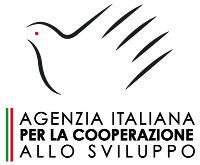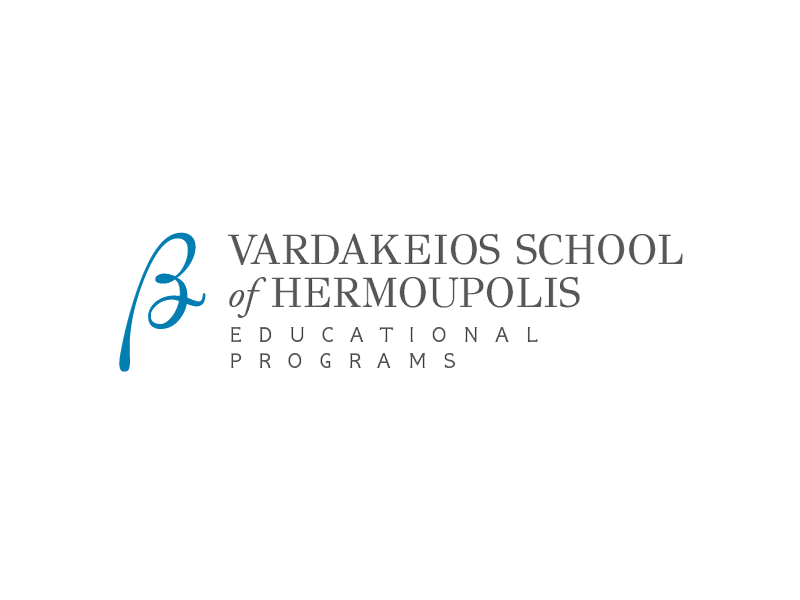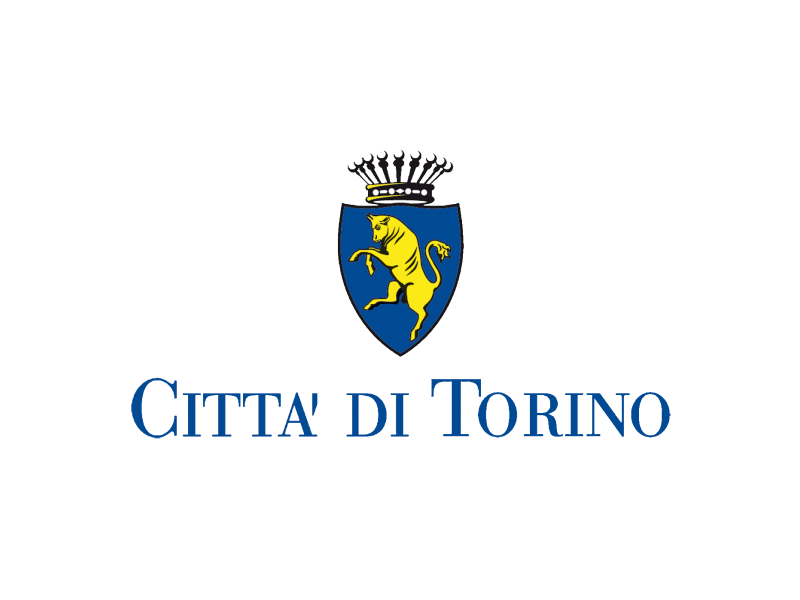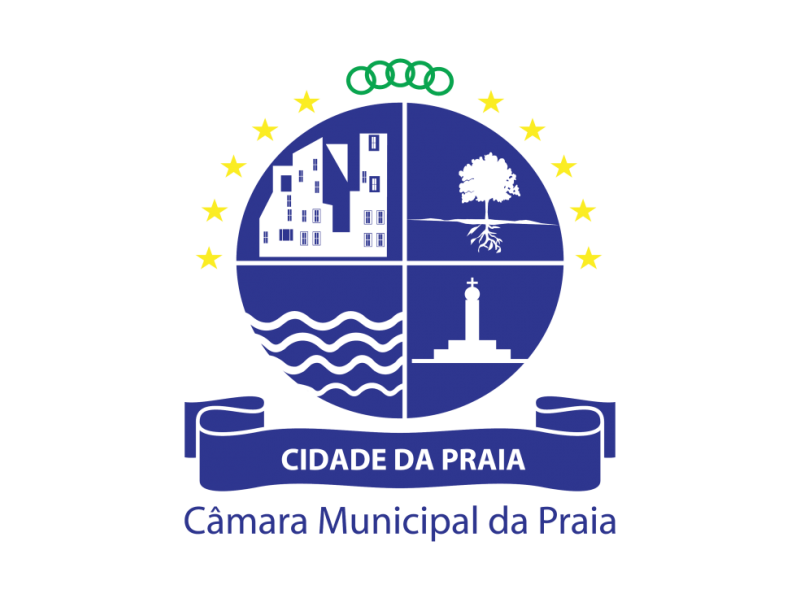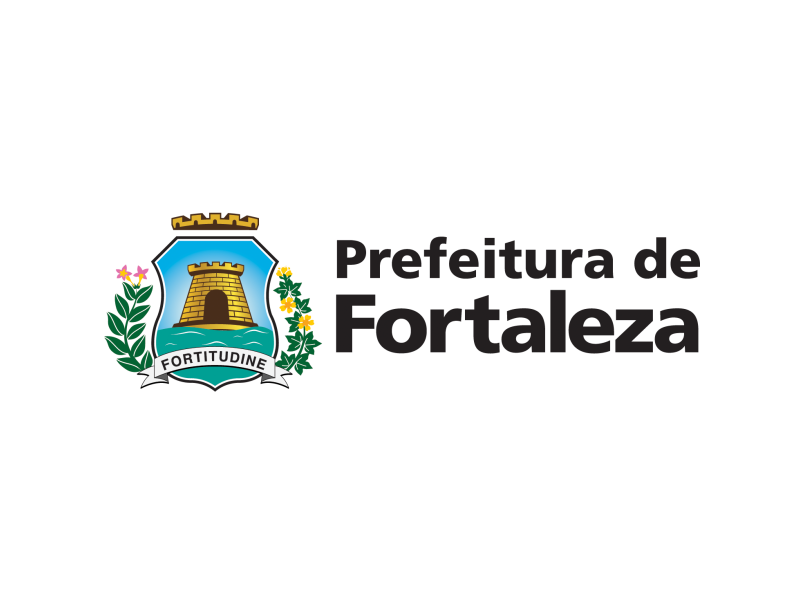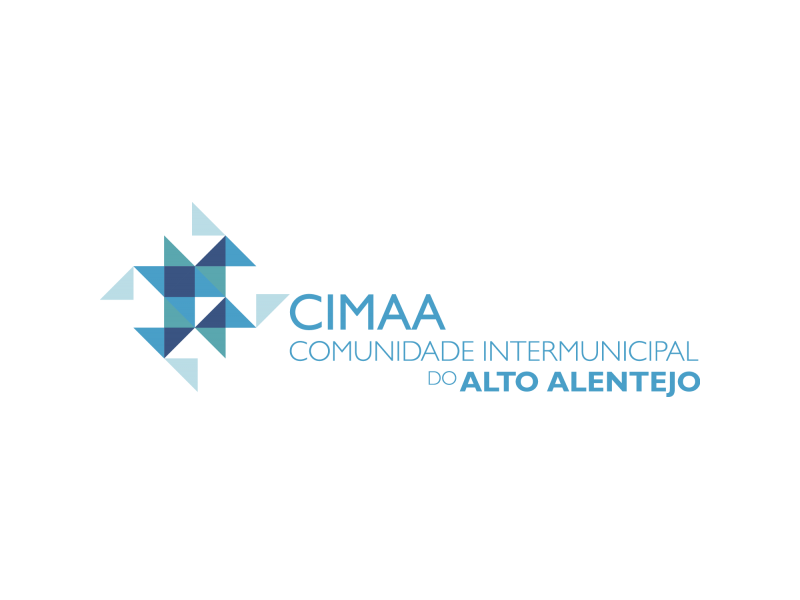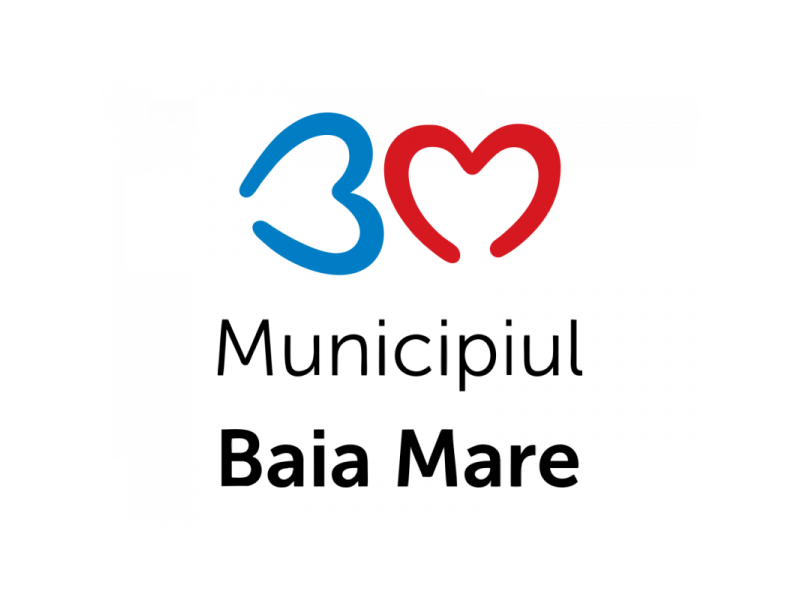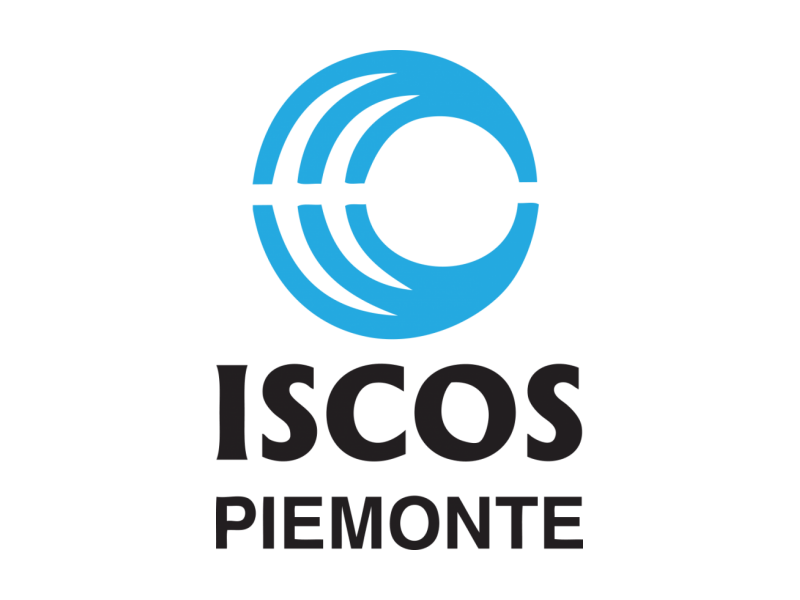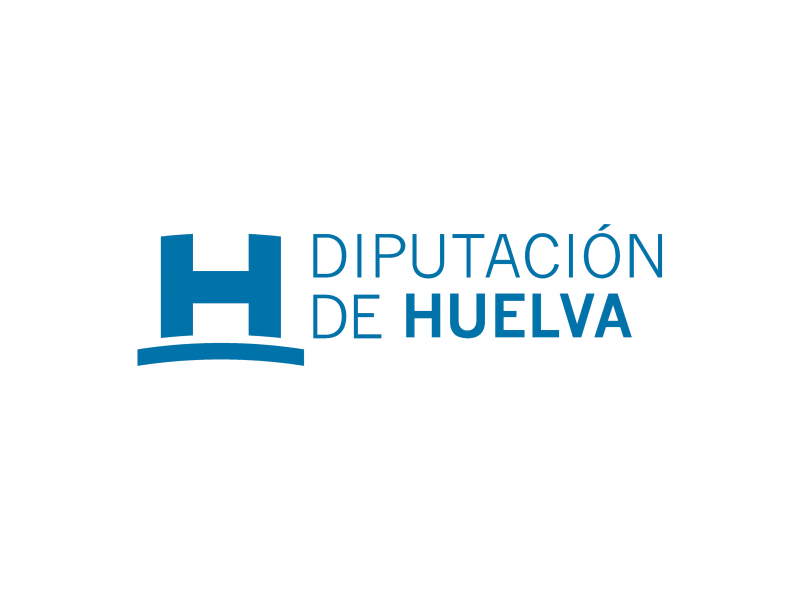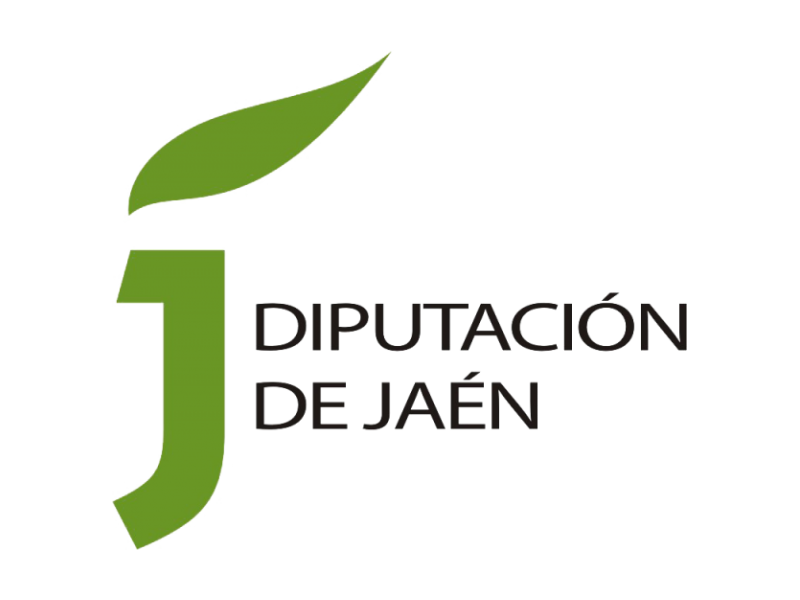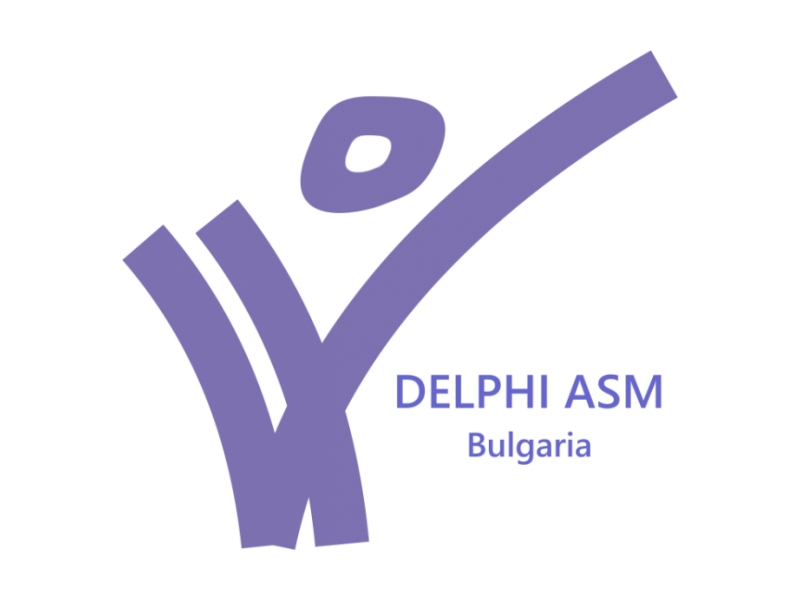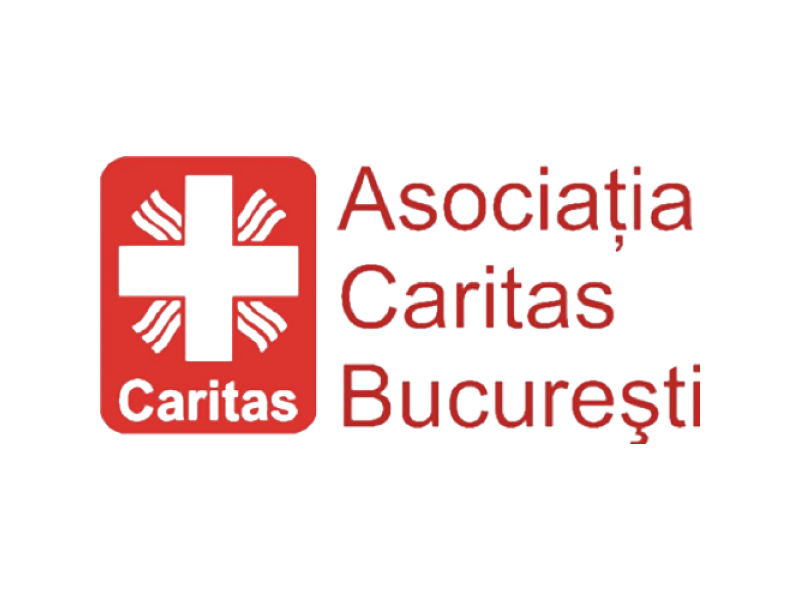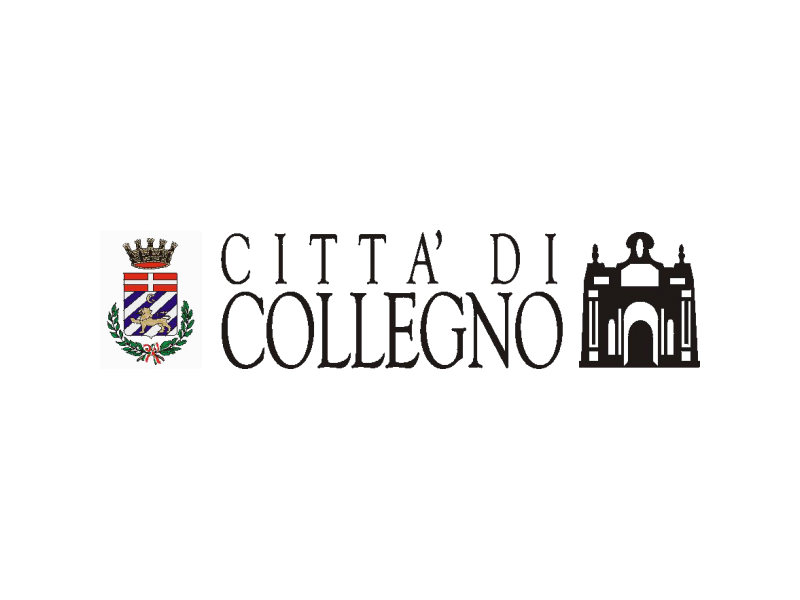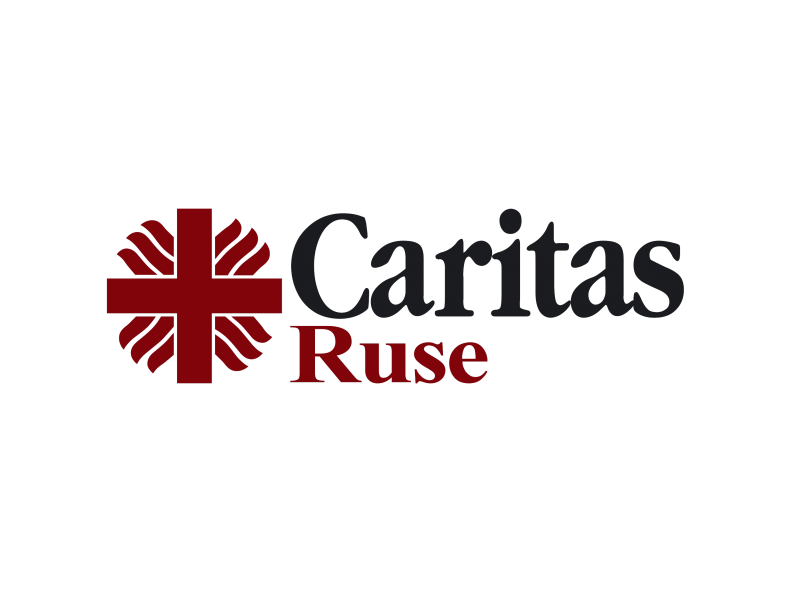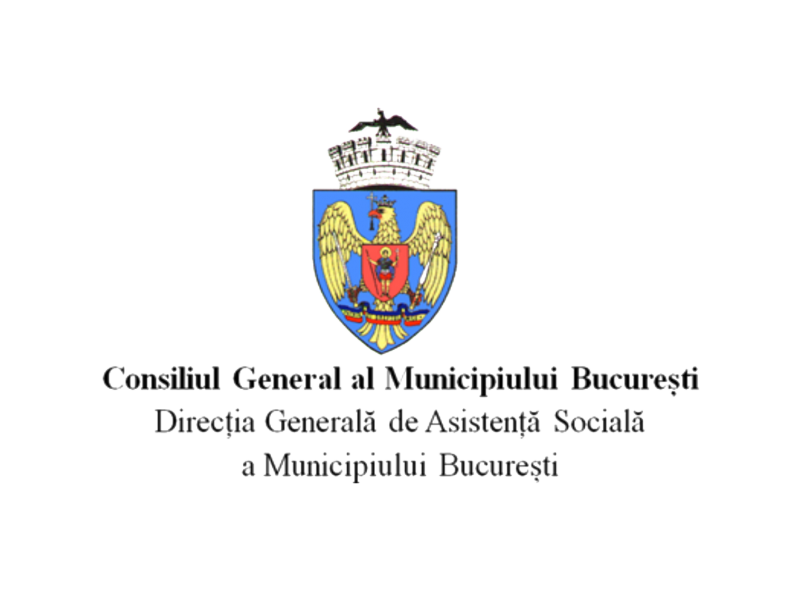R&C RECOMMENDATIONS
“Recognize & Change” has triggered a process of reflection and awareness raising within its thematic targets (fight against discrimination and contrast to violence) that does not address schools only but includes citizens at large, with the aim to produce durable impact.. in order to reach these ambitious goals R&C has fostered dialogue among youth, on the one hand, and institutions, associations and territorial authorities, on the other.
This structured dialogue has already given the first output : a number of recommendations that have been elaborated in a participatory process. R&C’s young audience had the chance to interact and exchange views with their respective local administrators. The purpose is to bring the recommendations to the consideration of local, national, supernational institutions, including those pertaining to the EU.
We believe that the adoption of R&C recommendations’ could make local territorial strategies more effective and generate long-lasting changes. These recommendations, despite being formulated on a local scale, have been shared among young people and Recognize & Change’s stakeholders partners at the international Seminar held in Sinaia, Romania, in September 2019; R&C recommendations have the ambition to go beyond project’s framework and to move across borders and nationalities. having this in mind, R&C’s partnership commits to spread and to share them as widely as possible, so as to bring forth concrete work proposals for every territory.
- Supporting schools in upgrading the skills of staff already working in schools (teachers, educators, psychologists, ….), in order to representing a counselling and information point to fight discriminations
- Starting raising awareness about discrimination from a very early age, preferably at the start of kindergarten, in order to reach children before they have prejudices and stereotypes. This sensitisation should not be done on an ad hoc basis, but must be implemented regularly, throughout childhood and adolescence, in order to have frequent reminders
- Considering the fight against bullying and cyberbullying an investment priority, with particular consideration to adult education
- Developing at community level path of integration on labour market for young people with disabilities
- Promoting the youth participation in European mobility projects, including through the establishment of a revolving mobility fund. Getting in touch with other cultures, getting to know peers from all over the world, getting out of their own reference context, experiencing contact with different people is an important factor of protection from any form of discriminations
- Promoting and supporting the establishment in every school of peer educators’ teams, chosen on a voluntary basis and trained on fighting discriminations and violence and on leading interventions in lower grade classes
- Addressing awareness actions also to different target groups (elderly, adults) implementing a shared and intergenerational strategy
- Increasing funds and practical collaboration from local authorities to youth associations that work for the fight against discriminations and violence, so that they can continue their work of raising awareness among their peers
- Creating a memorandum with technical procedures and awareness on different types of discriminations to be inserted in all the Municipalities of the territory, especially the smallest ones
- Facing the discriminations’ issues adopting a gender-oriented perspective
- Supporting CSOs to facilitate access to public services (education, health, employment, housing) of discriminated people
- Strengthening the institutional presence of local authorities in the most widespread social networks among young people to find new and incisive channels in order to raising awareness and fighting discriminations
- Organizing in our territories raising awareness and fighting discriminations’ activities, in partnership with local associations and youth centres
- Creating periodic opportunities for meetings between DPMs and youth policy officers, on the one hand, and young people, on the other, in direct, non-formal and equal discussions on discriminations issues
- Volunteering is an important asset of our territories. Promoting and recognizing skills acquired by young people during volunteer experiences on raising awareness and fighting discriminations


